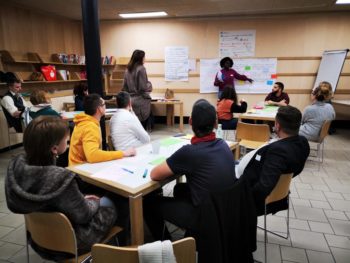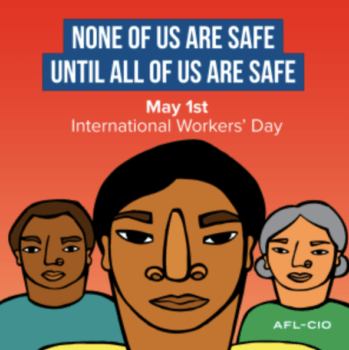As the 2023 DSA Convention approaches, let’s try to answer a strategic question. The question concerns a big picture issue, one that I think people tend to lose in the details of the various Resolutions on display.
So, let’s talk broad, national strategy. I have in mind DSA’s ‘decision’ – quotes because it’s perhaps more a starting point than a decision – to run priority campaigns around issues rather than people. DSA builds its recruitment model on attracting people to issues like Medicare for All rather than reaching out to members of target classes and building campaigns around their ideas. An org can do both, of course. But DSA probably doesn’t have the resources to do both well. And, at present, it only does the former.
I’ll argue in this post that DSA should run grassroots organizing campaigns built around classes first, rather than issues.




